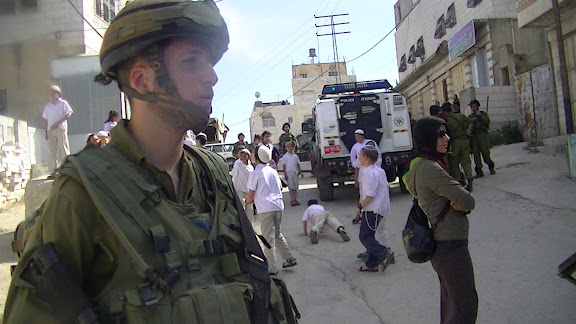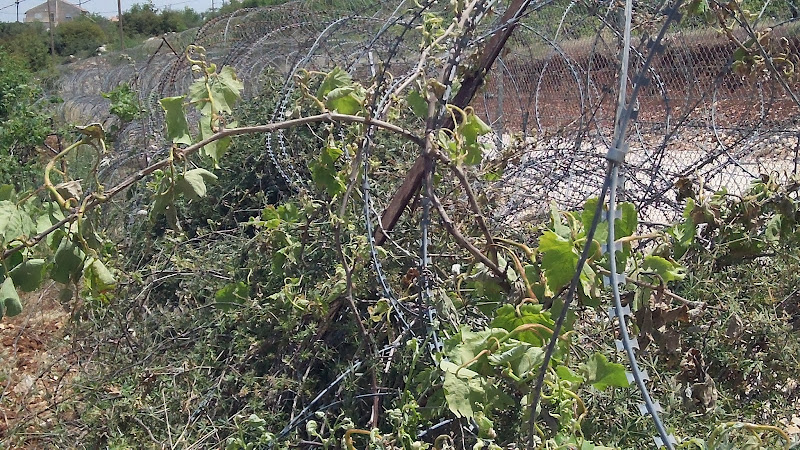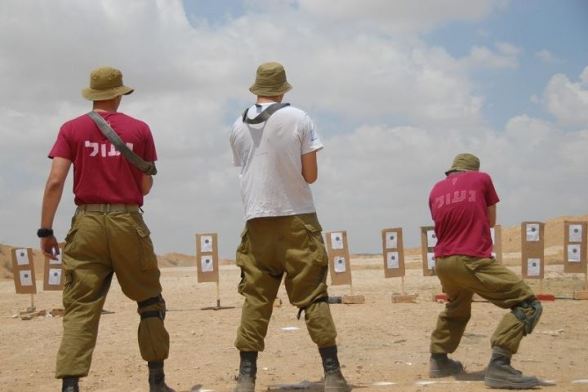Tag: Settlers
-
Tel Rumeida: Child settler violence through the lenses of an international activist
by Sunny 5 May 2012 | International Solidarity Movement, West Bank A group of approximately 10 to 15 soldiers displayed their ineptitude in dealing with a group of rowdy settler children, roughly between the ages of 8 to 14, who were attemptng to enter Tel Rumeida. It was an embarrassing episode for the Israeli occupation…
-
Karmei Tsur: Poisoning the vine with Zionism
by Joseph 7 May 2012 | International Solidarity Movement, West Bank When Ali Awad visited his orchard on Friday morning before the midday prayer he noticed nothing out of the usual. But eight hours later, when he returned to his land in order to gather grape leaves to sell in the local market, he…
-
Yitzhar settlers attack school children in Urif
by Chris Beckett 29 April 2012 | International Solidarity Movement, West Bank Urif is a Palestinian town in the Nablus Governorate of the northern occupied West Bank, located thirteen kilometres South of Nablus. The town has a population of just under 3000 inhabitants and is overlooked by the illegal Israeli colony of Yitzhar. Last week…



